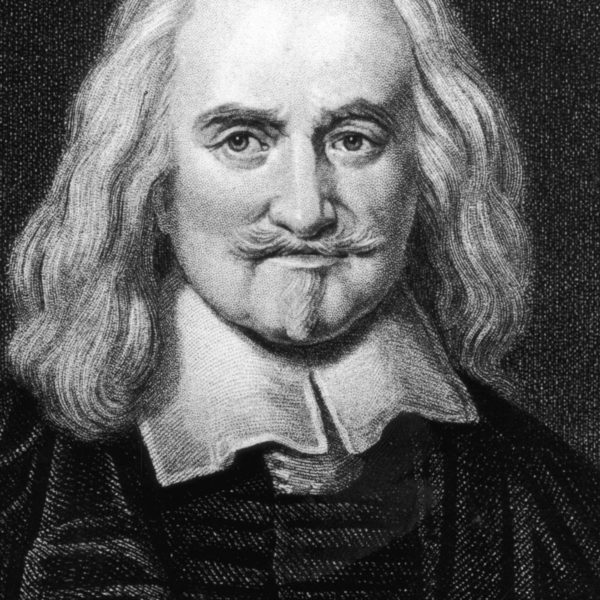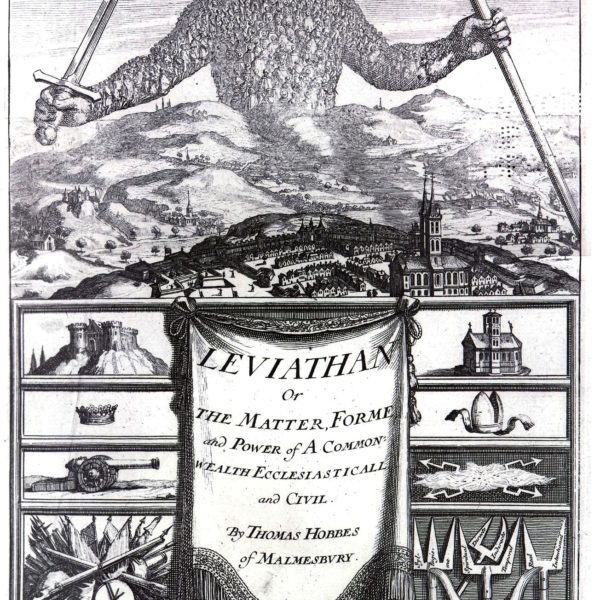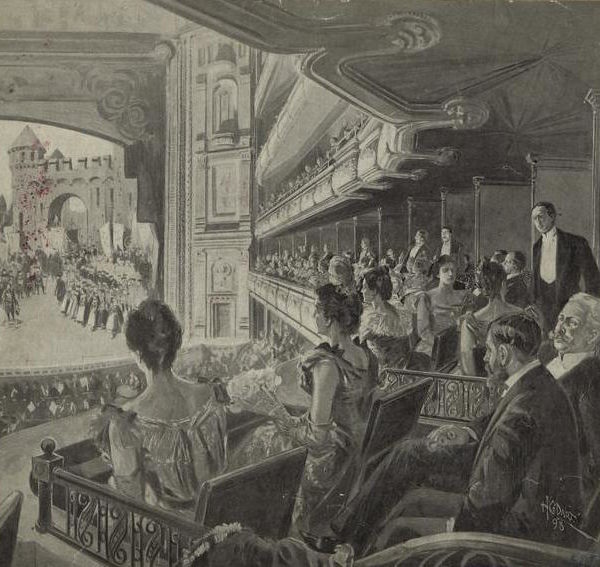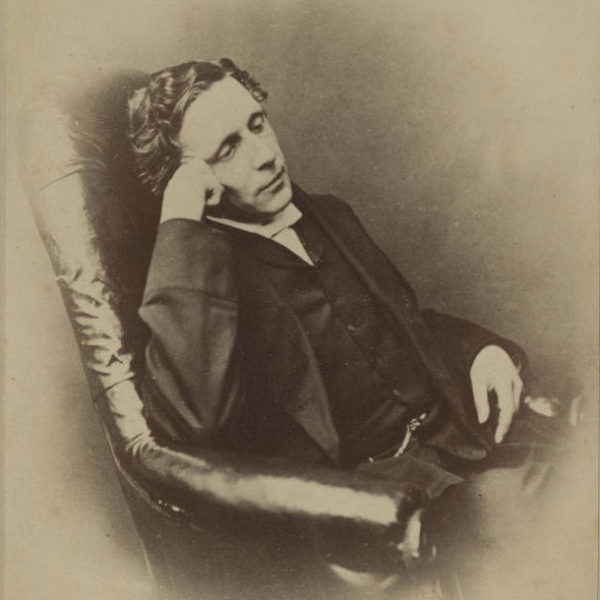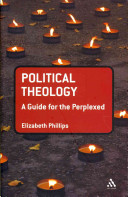
I am an American who lives and teaches political theology in the United Kingdom, and for the next few months I will be reflecting on the experiences, pitfalls, and opportunities in teaching political theology. This month I begin with a summary of the book which I recently published as an aide to teaching political theology, and this will be followed in the coming months with reflections on teaching political theology in the US and the UK, teaching political theology to conservative and liberal students, and teaching political theology ecumenically….
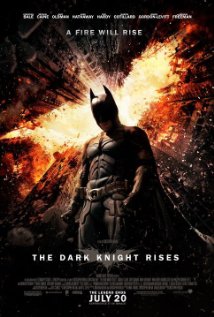
Nolan’s Dark Knight trilogy is obsessed with the question: what are the conditions of possibility for political judgment? Judgment, as Oliver O’Donovan has written in The Ways of Judgment, “both pronounces retrospectively on, and clears space prospectively for, actions that are performed within a community” and is therefore “subject to criteria of truth, on the one hand, and to criteria of effectiveness on the other” (9). Although judgment must meet both criteria, very often in the world of politics, they appear to be in rivalry. Truth-telling, in a world of fickle voters and predatory media, in a world of terrorists and hidden threats, can seem like a very unwise proposition, a luxury that must be dispensed with if order and justice are to be preserved. This tension haunts Nolan’s trilogy.
Beiner suggests that I want a politics, and by politics he seems to mean what the state does, that is at the service of Christianity. As someone deeply influenced by John Howard Yoder’s critique of Constantinianism, that is precisely what I do not want. Of course I should like Christians to be free to try and convince their non-Christian neighbors that war is a bad idea, but….
